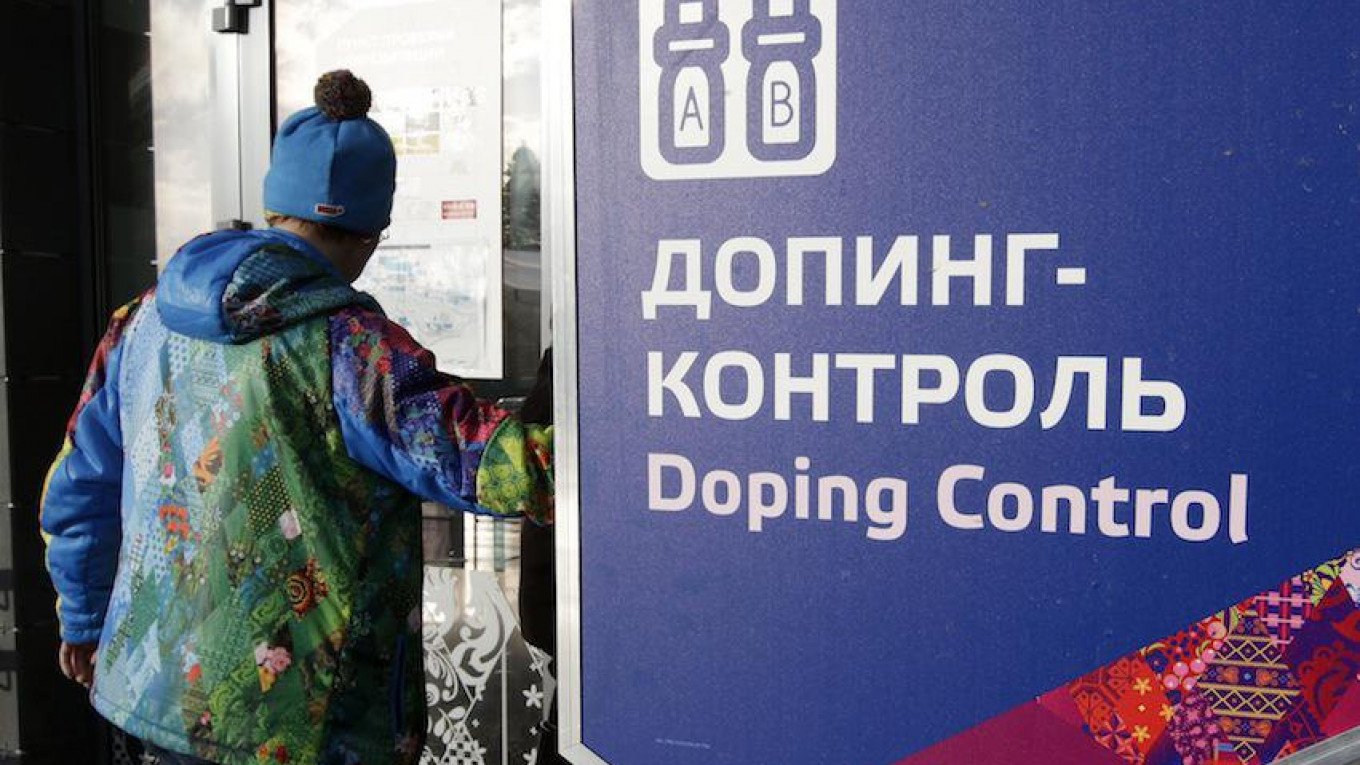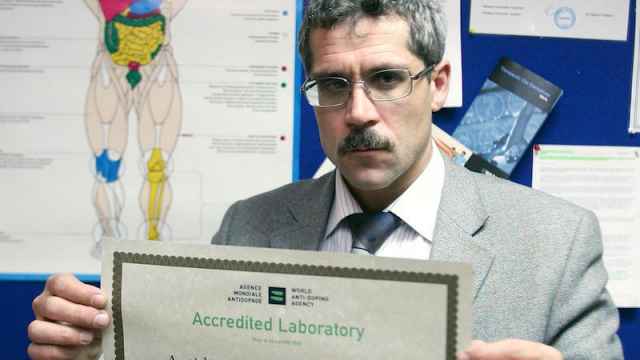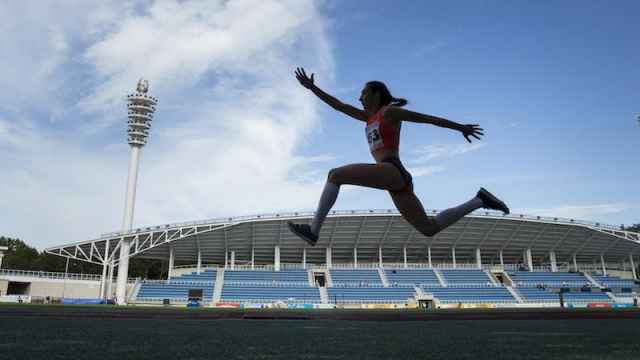An independent investigation by the World Anti-Doping Agency (WADA) has revealed that more than a thousand Russian athletes were connected with the use of performance-enhancing drugs or the concealment of positive urine samples,
Ready, Steady Dope: Read more about the doping scandal which engulfed Russian sport in 2016.
The athletes in question span 30 different sports.
The allegations come as part of a report compiled by Richard McLaren, the lawyer who investigated the case.
Investigators also found evidence that 12 Russian athletes who won medals at the 2014 Winter Olympic Games in Sochi had substituted their drug test samples.
McLaren's report covers the period of 2011-2015, during which, the investigator claims, a massive operation to cover-up positive drug tests was active in Russia.
The first part of McLaren's report was published in July 2016, and accused officials of the Federal Security Service (FSB) and Russian Sports Ministry of concealing positive drug test results and substituting urine samples during the Olympic Games in Sochi.
The Kremlin's ultimate survivor: Read more about Russia's embattled ex-Sports Minister Dmitry Mutko.
The report also said that athletes used alcohol to make the performance-enhancing drugs more difficult to detect in their urine.
Russia's Investigative Committee has opened a criminal case against Grigory Rodchenkov, the ex-head of Russia's anti-doping laboratory who blew the whistle on the state-sponsored doping program. Rodchenkov, who now lives in the United States, is suspected of distributing performance-enhancing drugs and destroying samples.
This story will be updated as more information becomes available.
A Message from The Moscow Times:
Dear readers,
We are facing unprecedented challenges. Russia's Prosecutor General's Office has designated The Moscow Times as an "undesirable" organization, criminalizing our work and putting our staff at risk of prosecution. This follows our earlier unjust labeling as a "foreign agent."
These actions are direct attempts to silence independent journalism in Russia. The authorities claim our work "discredits the decisions of the Russian leadership." We see things differently: we strive to provide accurate, unbiased reporting on Russia.
We, the journalists of The Moscow Times, refuse to be silenced. But to continue our work, we need your help.
Your support, no matter how small, makes a world of difference. If you can, please support us monthly starting from just $2. It's quick to set up, and every contribution makes a significant impact.
By supporting The Moscow Times, you're defending open, independent journalism in the face of repression. Thank you for standing with us.
Remind me later.





